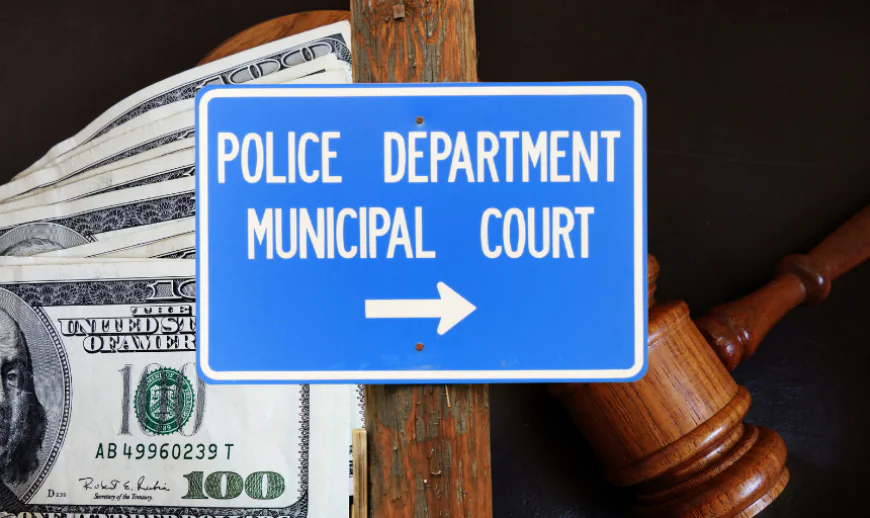The Municipal Court System: Local Justice or Legal Trap?
Municipal courts process millions of cases a year—but are they serving justice or trapping vulnerable communities? Explore how these local courts quietly fuel systemic inequality and what real reform looks like.

What Is a Municipal Court?
Municipal courts are city-run courts that handle low-level violations: traffic tickets, petty misdemeanors, and local ordinance breaches. They don’t make headlines—but for millions of Americans, these courts are the first (and sometimes only) point of contact with the criminal justice system.
The Hidden Power of Municipal Courts in the U.S.
With over 7,500 municipal courts in 30 states handling more than 3.5 million cases annually, they represent a quiet but powerful force. Many operate with limited oversight, minimal due process, and an alarming lack of legal representation—especially for low-income individuals.
Fines, Fees, and Revenue: Is Justice for Sale?
Let’s call it what it is: a cash machine disguised as a courtroom. Cities often use these courts to pad their budgets, relying on fines and fees instead of taxes. That creates pressure to ticket more people—especially in over-policed communities.
How the Municipal Court Pipeline Targets the Poor
Get a ticket you can’t afford? Miss a court date? That minor violation can quickly spiral into a suspended license, arrest warrant, or jail time. It’s a debt trap designed to punish poverty—not promote public safety.
Racial Disparities in Local Court Systems
Communities of color are disproportionately cited, fined, and funneled into these courts. Municipal courts may look neutral on paper, but in practice, they reinforce systemic racial and economic inequalities—with devastating effects.
Lack of Legal Protections and Judge Accountability
In many cities, you don’t have a right to a public defender if the penalty is “just a fine.” Some judges aren’t even required to be attorneys. Others double as mayors or city officials, leading to blatant conflicts of interest.
Examples of Abuse: From Ferguson to Anywhere, USA
The Ferguson court scandal exposed how these systems exploit vulnerable communities. But it wasn’t unique. Across the country, local courts continue to operate under opaque rules, generating revenue instead of delivering fair outcomes.
What Real Reform Looks Like
Some places are changing the game—replacing fines with social services and connecting people to housing or healthcare instead of criminalizing them. Reform efforts aim to shift these courts from punishment machines to true engines of justice.
What Needs to Change in the Municipal Court System
-
Eliminate revenue-based funding incentives
-
Guarantee legal representation regardless of income
-
End jail time for unpaid fines or fees
-
Mandate qualifications and oversight for judges
-
Collect and publish public court data
Final Verdict: Municipal Courts Are Failing the People
This isn’t just a legal issue—it’s a civil rights crisis. The municipal court system has quietly become a tool of oppression, weaponized against those with the fewest resources. True justice starts with tearing down these broken structures and rebuilding something better from the ground up.
Fact Check:
What's Your Reaction?
 Like
0
Like
0
 Dislike
0
Dislike
0
 Love
0
Love
0
 Funny
0
Funny
0
 Angry
0
Angry
0
 Sad
0
Sad
0
 Wow
0
Wow
0
























